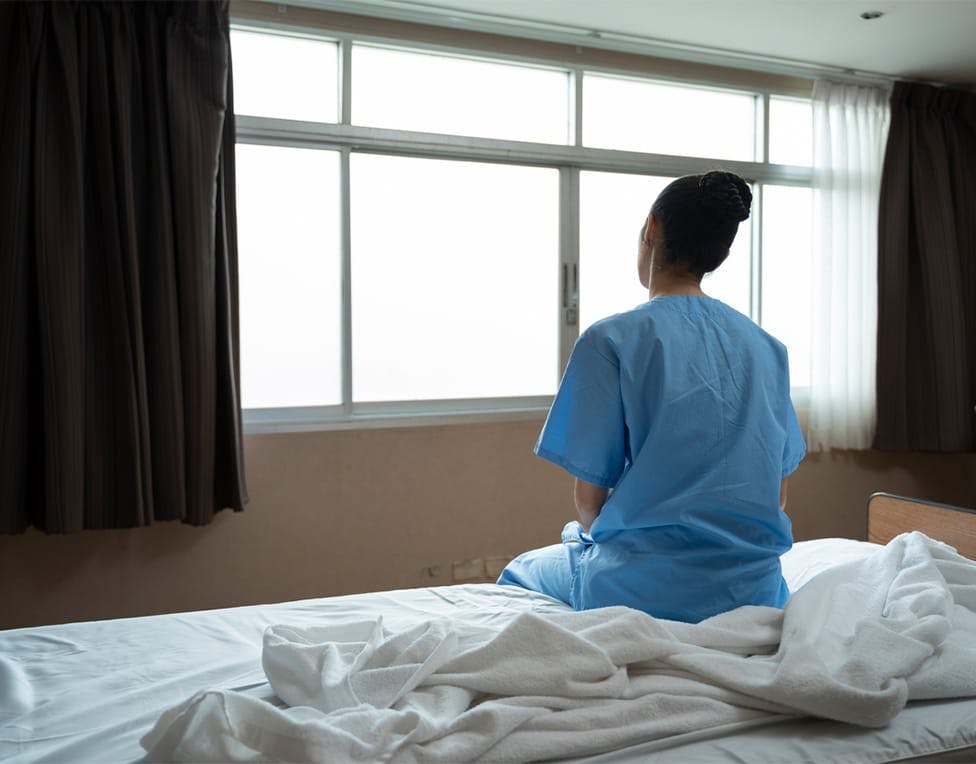As mental health issues come more into our nation’s forefront, we are more aware than ever of the widespread nature of depression, anxiety, and other mental health conditions that can lead to suicide.
How Texas Mental Health Facilities Fail Those Who Need Them Most
The sad reality is this: an emergency room visit or admittance to a psychiatric facility does not ensure your loved one is safe. Licensed mental health professionals are not always trained to properly assess those who are suicidal. And this poor training can lead to disastrous consequences.
Unfortunately, in most situations, by the time psychiatric negligence is apparent, it is too late to change the situation. If your loved one died by suicide as an in-patient in a hospital, it is important to hold the negligent party responsible.
At the Law Offices of Glenn W. Cunningham, we understand the emotional nature of situations like this, and we can help you receive the compensation you and your loved ones deserve in the wake of a tragic death. We work with clients in San Antonio and throughout Texas to establish psychiatrist liability and work to change the care in-patients receive.



